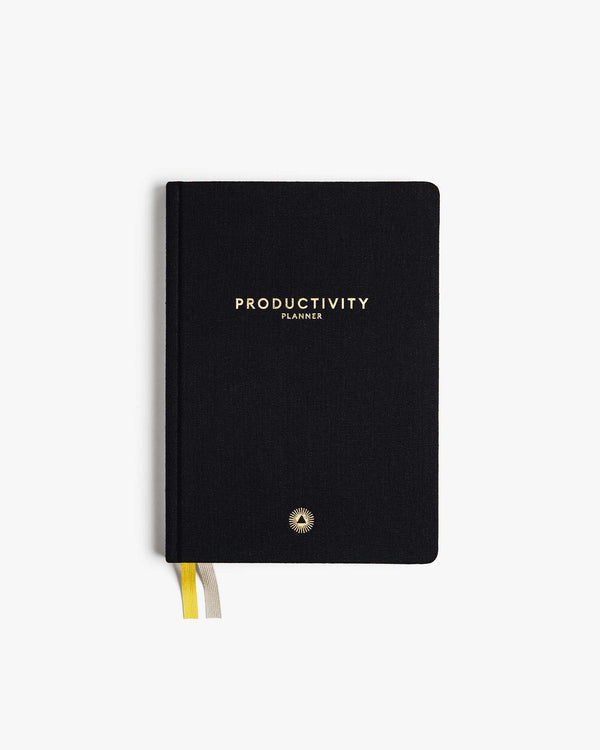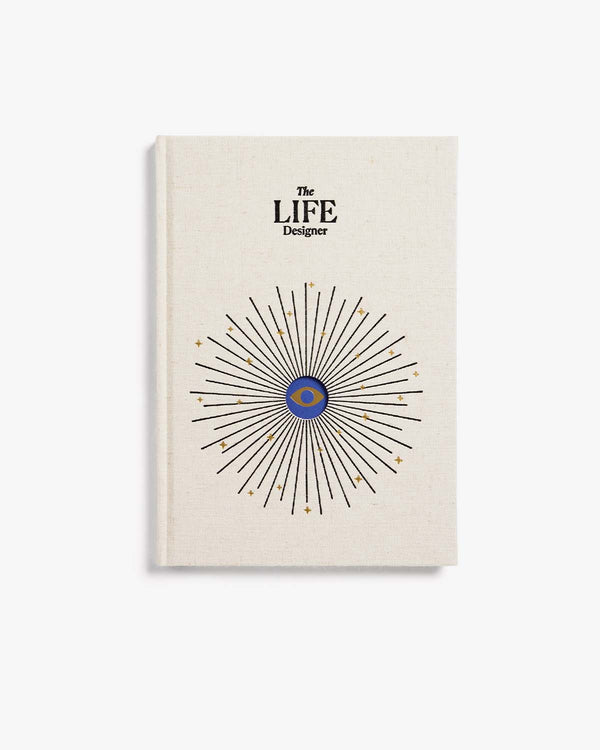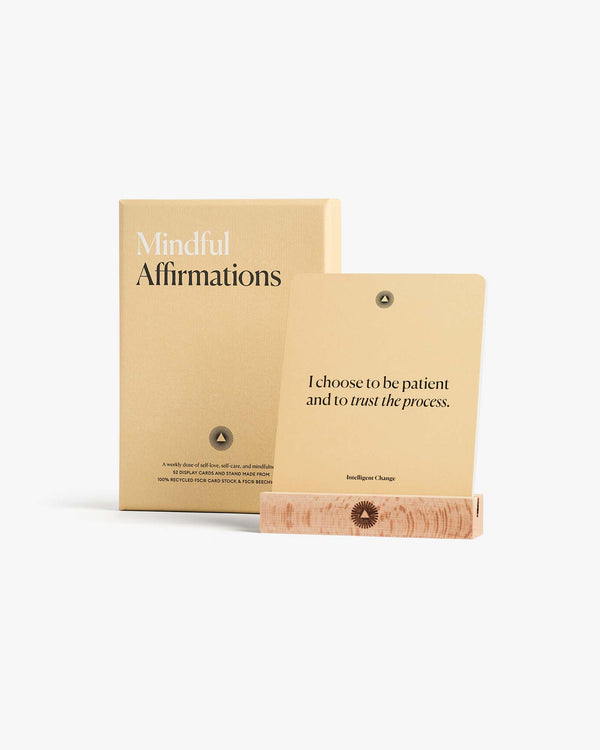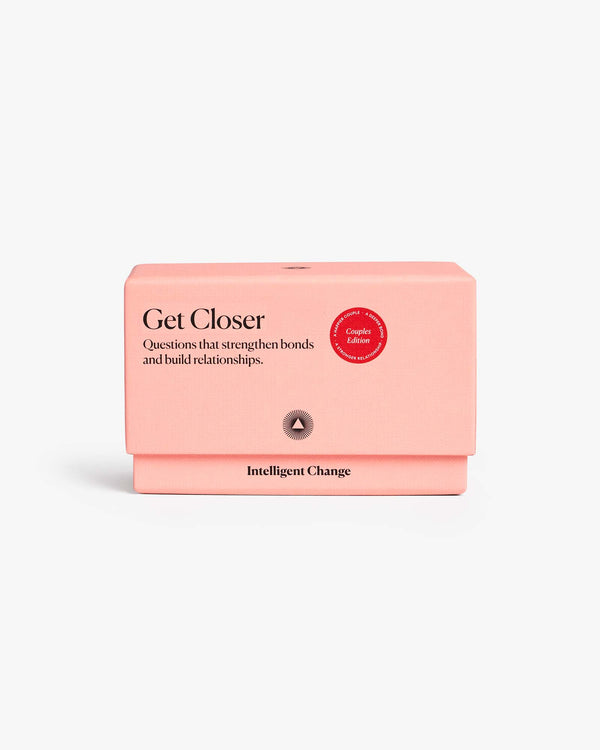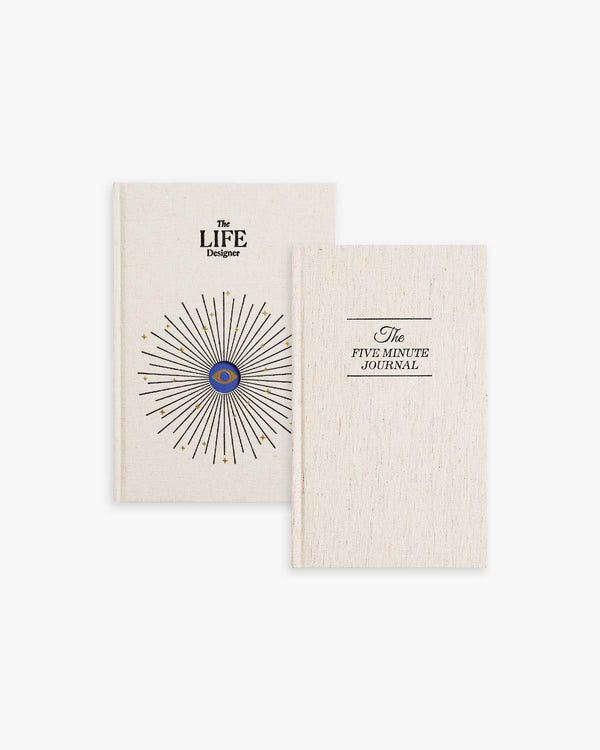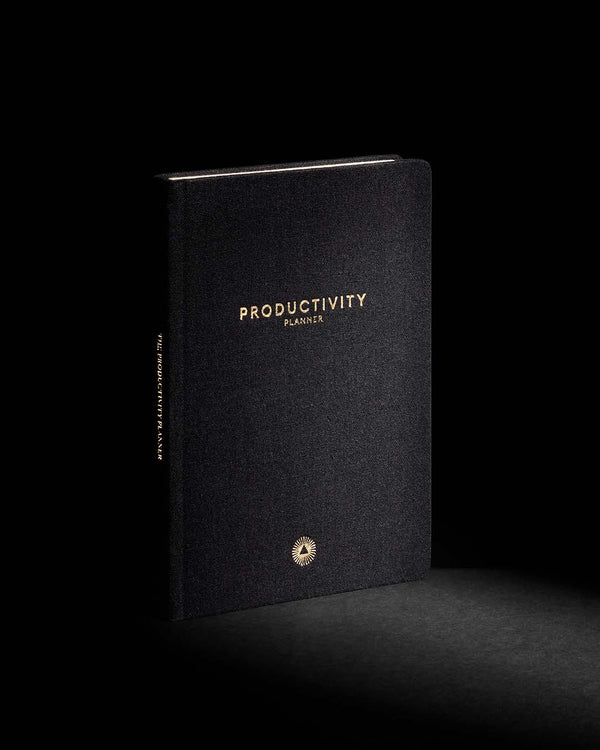Why You Need Friends of Different Ages
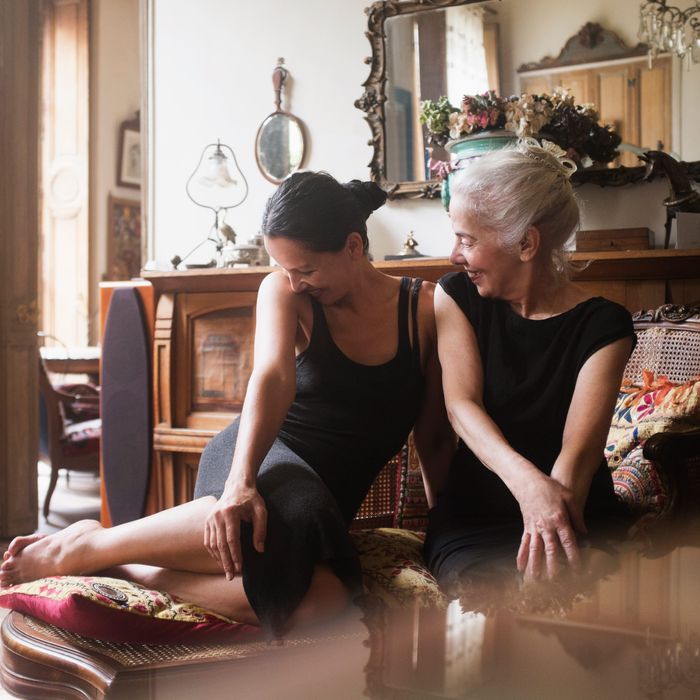
We've all heard the saying that you are the product of the ten people who are closest to you.That means your friendship groups can have as much of an influence on your life as close family members or a partner. Still, mainstream social narratives tend to sideline friendships as less valuable than, say, a romantic relationship or something that blossoms in our early school years, only to fizzle out when responsibilities, demanding careers, or adult commitment kick in.
However, is this really the way to go when choosing a mindful life and setting your own rules?
We are social beings at the end of the day and it's been scientifically proven that friendships have a positive impact both on physical health and our psychological well-being. According to the AARP (American Association for Retired Persons), even healthcare costs are lower for elderly who make a point to nourish their social connections throughout their lives.
Looking beyond the life priorities we are told we should have and investing in friendships long after graduation can have a massive impact on the quality of our lives and the people we end up becoming. But there's a need for a mindset switch. We all need to come to grips with the fact that making friends doesn't stop in the classroom or in your early twenties—nor do all your friends need to be of a similar age or background.
Connections can be made anywhere and everywhere and, in fact, looking beyond your own bubble to people of different ages and life experiences can only help to broaden your perspective, make you more empathetic, and simply a more well-rounded individual.
Having friends from across different age groups means you are less likely to compare yourself to each other, as everyone is going through a different life stage. Instead, there’s more space to be yourself, bring your individual experiences and needs to the table, and learn from each other.
Younger friends can offer fresh energy and new ideas, and help invigorate the lives of their older peers, while having older friends in your life means having access to the wisdom of those who have literally been there before.
So, how do you delve back into the friendship game and start transcending generations?
Take Stock of Your Current Friendships
Look at your life right now and take stock of who's in it.
Are there already friends you value and learn from?
Are there a lot of acquaintances and feeble friendships you are holding onto for no real reason other than the fact that those people have been around since you were teenagers?
What kind of friends do you wish you had?
I never used to choose my friends in my formative years—they always chose me. As a shy, introverted schoolgirl, I always waited to be approached by others first. It usually ended up being someone louder and, on the surface, more confident, who felt they could easily overpower me, mock my quirks, and put down my achievements. This was a pattern that continued well into my twenties, until I realized the need to step up and work on myself, set standards, and take a more active role in the friends I invite and keep in my life.
This kind of work usually entails creating a clear vision of the kind of friendships you want to have and manifesting them into your reality.
Visualizing and Taking Action
"Real friendships are out there I promise, go get 'em," writes author Kate Leaver in her popular book, The Friendship Cure. Leaver is a firm believer in having "new grown-up friends." She made one such friendship in her early twenties, with forty-year-old Amy, at a museum party. All it took was moving past her reservations and walking up to the woman she had been following and admiring on Twitter.
"When you build a friendship purely out of the routine of seeing them every day–like we do at school, for instance–it's easy to miss the signs that you don't actually belong in each other's lives. That's why choosing someone irrespective of location is so liberating, and special," Leaver writes in her book.
"Amy is a novelty, to begin with; a chance to reinvent myself or, even better, be my real self because now I’m old enough and sure enough of who that is. If all our friends reflect different facets of the people we are, Amy is there to mirror back to me the fullest and most complete version of myself. To befriend someone as an adult is to take them as their messy, fallible, honest selves and that is a fine basis for friendship."
Opportunities for Connection Are Everywhere
Who is your ideal grown up/younger friend? Visualize that person and set your intentions by writing a list of the traits they have, what you want to learn from them, and what you'd be able to offer them in return. From there, simply reach out to people who are interesting to you and stay open to the idea of new connections.
It could be someone in your professional circle, the person at the gym who has an infectiously positive energy, or someone who always complements your Instagram pictures.
In my case, I started making acquaintances with a more diverse group of people the first time I attended a press trip as part of a job. During this four-day trip in Turkey, I got to meet a group of women who shared an interest in all things creative with me but were at a more mature stage of life. As we got to know each other, they shared stories about their journeys into motherhood, painful divorces, career ups-and-downs, and much more.
It was eye-opening to see that society's narrative about life stopping at some point in your '30s is so far from right. Here was a group of women who, despite ongoing challenges and a multitude of hurdles, loved themselves, stood firmly on their own feet, looked their best, and savored their life.
And that's what intergenerational friendship can do for you:
- open your eyes to a new way of thinking,
- offer real-life examples of how bright the future can be despite the roadblocks and challenges,
- and start to wipe away the ageist beliefs most of us have been fed for years.
Make Time for Gratitude
When those new, exciting friendships start coming into your life, it's equally important to make a conscious effort to nurture those relationships and feel grateful for them.
That could mean letting your friend know how much fun you had during your catch-up and how glad you are that they are in your life. Equally effective is setting a few seconds of alone time to feel gratitude about the friends you are drawing in your life and everything they offer you.
I've seen my appreciation for my friends and my attitude on making new ones, completely transform when starting to use the Five Minute Journal on the regular basis. Every single sentence you jot down––either in the morning or when you are reflecting on the great things that happened to you at the end of the day, on the people you are grateful for––will slowly but surely transform your attitude. You might write about a single kind gesture of a friend checking in when you were feeling under the weather, a generous invitation, or a transformation piece of advice.
It all comes together to offer a new level of appreciation about those simply yet precious moments in time—and from that mental state, you can only invite in more such goodness.
So start embracing a mindset of abundance and opening up to the idea that meaningful friendships are always available to us, irrespective of age. What connects us with our fellow humans is shared values and interests, not our year of birth or social background. In fact, it’s clear that intergenerational friendships only come with the added benefits of broadening your perspectives and making you evolve as a person. All it takes to attract them into your life is a clear vision, a will to connect, and a hefty dose of gratitude.

